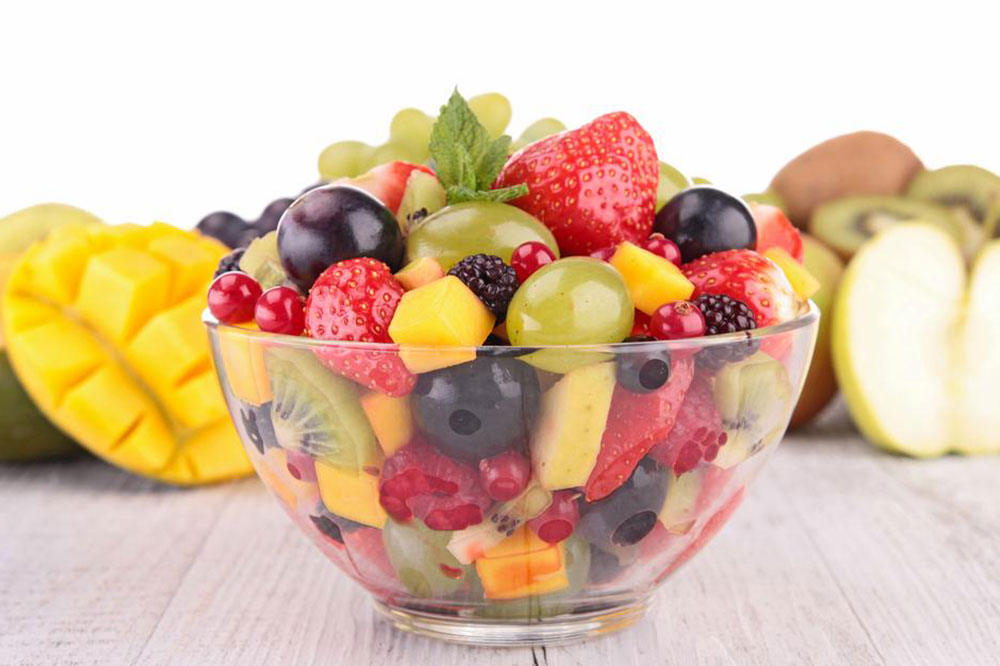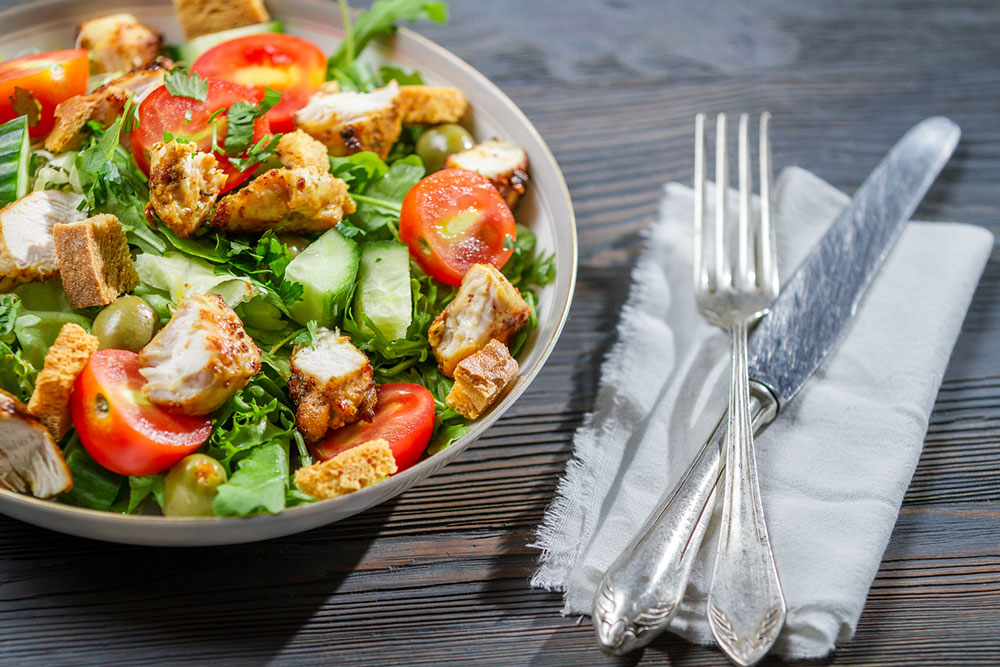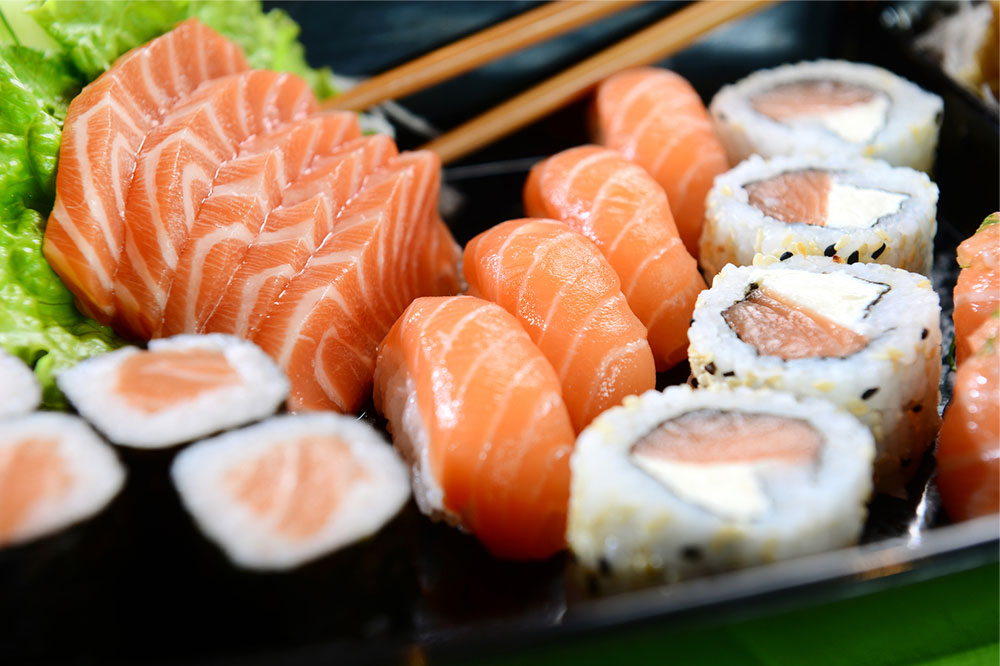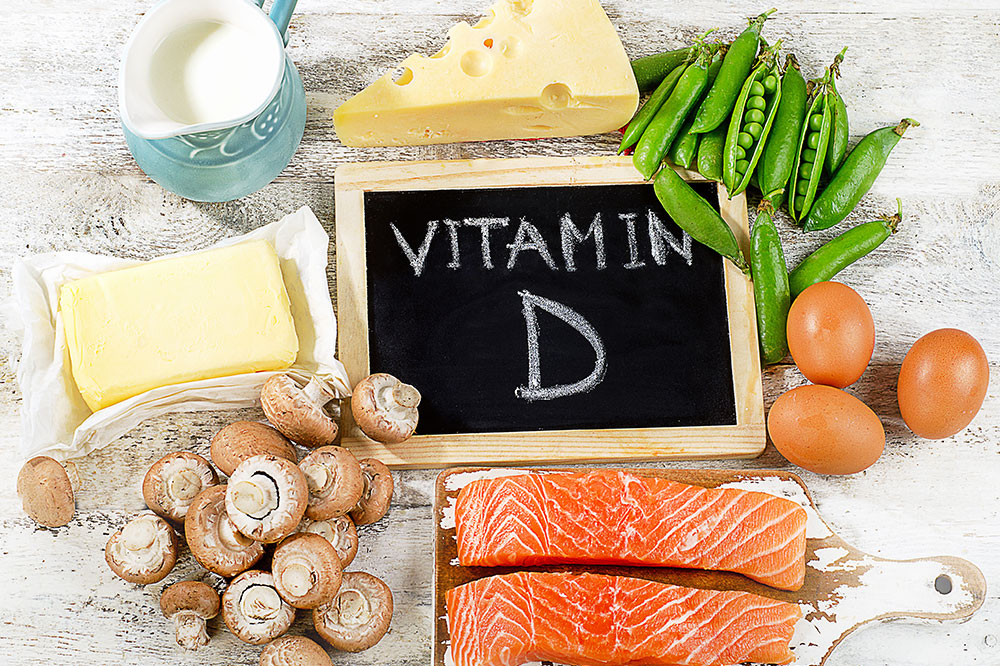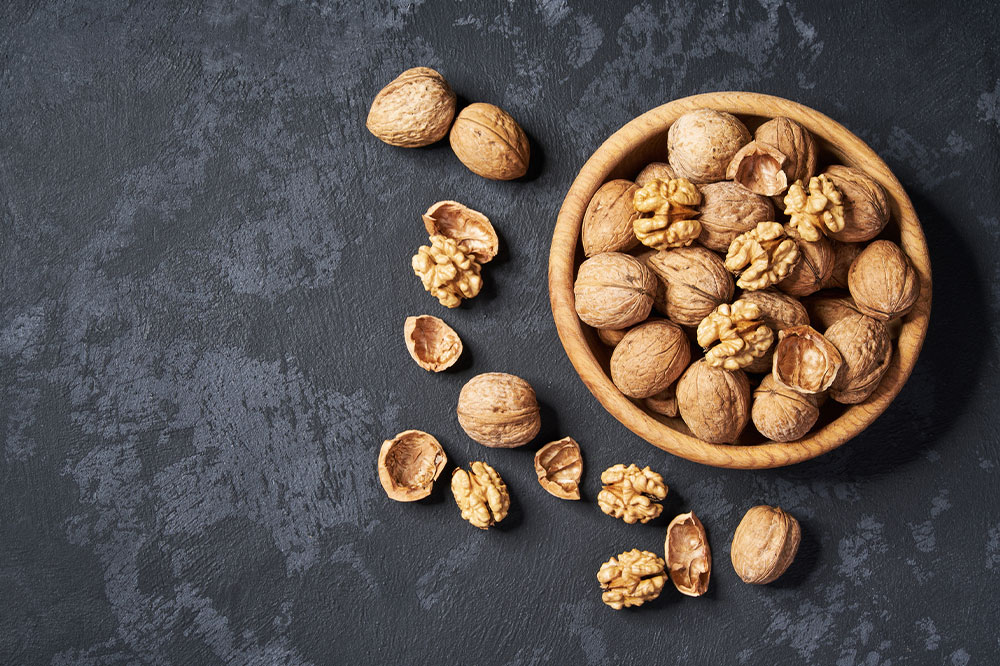Top Nutritional Strategies to Support Chronic Myeloid Leukemia Patients
This article highlights key dietary strategies for managing chronic myeloid leukemia, emphasizing protein, probiotics, fruits, whole grains, and healthy fats. Proper nutrition can support immune health, boost energy, and aid recovery during leukemia treatment. Incorporate lean proteins, probiotic-rich foods, colorful fruits and vegetables, wholesome grains, and healthy fats such as omega-3s to optimize health outcomes. Note that personalized medical advice is essential. This guide serves as a practical dietary resource for leukemia patients seeking nutritional support to improve their quality of life and treatment results.
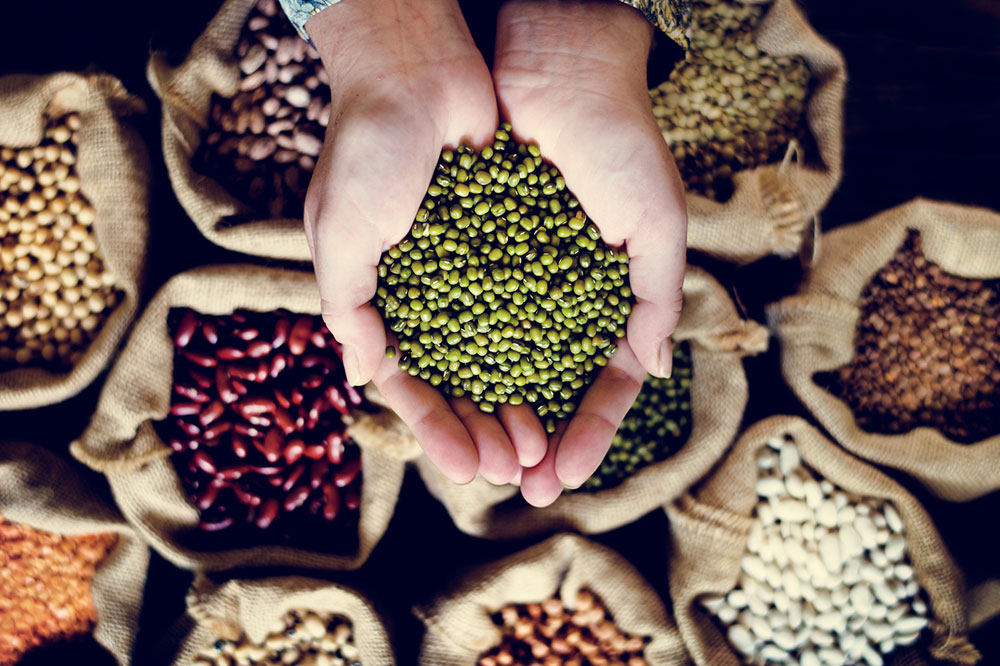
Top Nutritional Strategies to Support Chronic Myeloid Leukemia Patients
Chronic myeloid leukemia (CML), also known as chronic myelogenous leukemia, originates in the bone marrow, causing an overproduction of white blood cells. Individuals diagnosed with CML may experience fatigue and weakened immunity, making proper nutrition essential. Good dietary choices can help improve energy levels, enhance recovery, and bolster overall health during treatment. Here are key foods that can aid those managing CML effectively.
Lean Protein Sources
Proteins are vital for tissue repair and immune support. Patients should aim to consume at least one protein-rich meal daily, including options like chicken, fish, or turkey. Additional sources include eggs, soy products, beans, nuts, nut butters, and low-fat dairy, all contributing to strengthening the body's defenses.
Probiotic Foods
Incorporating probiotics helps maintain gut health and enhance immunity. Yogurt labeled with “Live and Active Cultures” is a popular source. Other beneficial options include kefir, kombucha, sauerkraut, miso, and tempeh, all supporting digestive health.
Fruits and Vegetables
Eating a diverse range of fruits and veggies supplies essential vitamins, minerals, antioxidants, and phytochemicals that may combat cancer cells. Incorporate berries, leafy greens, apples, bananas, cauliflower, and broccoli into daily meals through smoothies, cereals, or salads to optimize health benefits.
Whole Grains
Whole grains provide complex carbohydrates and dietary fiber, crucial for sustained energy during and after treatment. Opt for 100% whole-wheat bread, oats, quinoa, brown rice, and whole-grain cereals. When selecting pasta, choose whole-grain varieties instead of white to boost nutrient intake.
Healthy Fats
Healthy fats support digestion and overall health. Favor baked, grilled, or broiled dishes over fried foods. Excellent sources include olive oil, avocados, nuts, seeds, and fatty fish like salmon, mackerel, sardines, and tuna, which provide essential omega-3 fatty acids.

